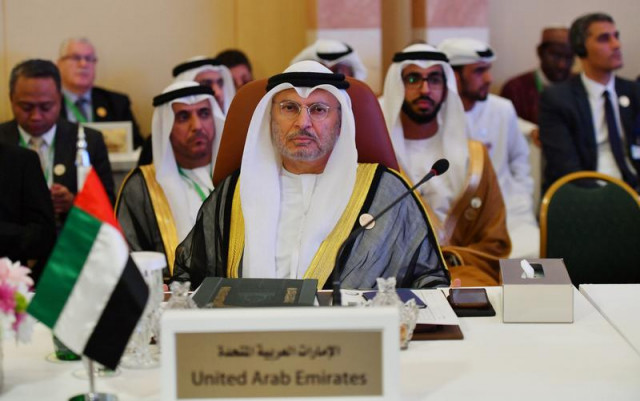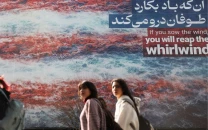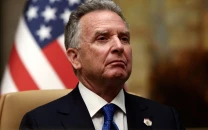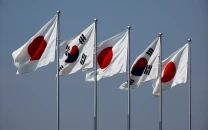No diplomatic ties to Qatar yet, but trade, travel resuming, says UAE
Saudi Arabia, UAE, Bahrain and Egypt had imposed embargo on Qatar over allegations that it supports terrorism

Arab states boycotting Qatar could resume travel and trade links with Doha within a week under a US-backed deal, but restoring diplomatic ties requires more time as parties work to rebuild trust, a United Arab Emirates official said on Thursday.
Gulf powerhouse Saudi Arabia announced the breakthrough in ending a bitter dispute at a summit on Tuesday, with its foreign minister saying Riyadh and its allies would restore all ties with Doha severed in mid-2017.
UAE Minister of State for Foreign Affairs Anwar Gargash told a virtual news conference that measures to be implemented within a week of the agreement “include practical measures of airlines, shipping and trade”.
However, he said, other issues such as restoring full diplomatic relations would take time given geopolitical issues such as Iran, Turkey and political Islamist groups regarded by traditional Arab autocrats as an existential threat.
“Some issues are easier to fix and some others will take a longer time,” Gargash said, adding that bilateral working groups would try to move those forward. “We have a very good start ... but we have issues with rebuilding trust.”
Read more: Riyadh, allies agree to restore ties with Qatar, says Saudi FM
Restored air links to the UAE’s regional aviation hub will be important for Qatar’s hosting of the 2022 World Cup.
Saudi Arabia, the UAE, Bahrain and Egypt imposed the embargo on Qatar over allegations that it supports terrorism and is cosying up to foe Iran. Doha denies the charges and says the boycott aims to curtail its sovereignty.
Kuwait and the United States have been mediating in the dispute that Washington says hampers efforts to contain Iran, a key issue for Saudi Arabia especially after attacks on its energy installations last year.
The Gulf feud also complicated efforts to stabilise countries reeling from years of turmoil as the parties and their respective allies vied for influence from Libya to Yemen and Sudan.
Since the 2011 “Arab Spring” protests, which aspired to democratic reform but in several countries collapsed into warfare, Egypt and especially the UAE emerged as main foes of the Muslim Brotherhood backed by Qatar and Turkey.
Rebuilding trust
Sources familiar with the matter told Reuters that the Trump administration and Riyadh had pressed the other boycotting states to sign the deal and that Saudi Arabia would move faster than its allies to restore ties.
Discussions continued even after the deal was signed at the summit in the kingdom on Tuesday to offer reassurances, a source familiar with knowledge of the matter told Reuters on Thursday.
“The only thing worse for the UAE than this agreement was to be isolated in rejecting it, revealing a split with Saudi Arabia,” said Kristin Smith Diwan, senior resident scholar at the Arab Gulf States Institute in Washington.
“I don’t expect this will alter their (UAE) ideological and strategic rivalry with Qatar,” she said, adding that the UAE’s business hub Dubai would benefit from restoring commercial ties.
The four nations had set Doha 13 conditions to end the boycott, including closing al Jazeera TV, shuttering a Turkish military base, cutting links to the Muslim Brotherhood and downgrading ties with Iran.
Qatar Foreign Minister Sheikh Mohammed bin Abdulrahman Al-Thani told the Financial Times that Doha had agreed to suspend legal cases related to the boycott, including at the World Trade Organisation and the International Court of Justice.
He said Qatar would also cooperate on counter-terrorism and “transnational security” but that the deal would not affect Qatar’s relationship with Iran and Turkey.
Gargash said the main issue with Turkey and Iran was interference in Arab sovereignty and interests and that mending the Gulf rift would foster more “collective agreement on geostrategic issues” despite differences in approaches.


















COMMENTS
Comments are moderated and generally will be posted if they are on-topic and not abusive.
For more information, please see our Comments FAQ